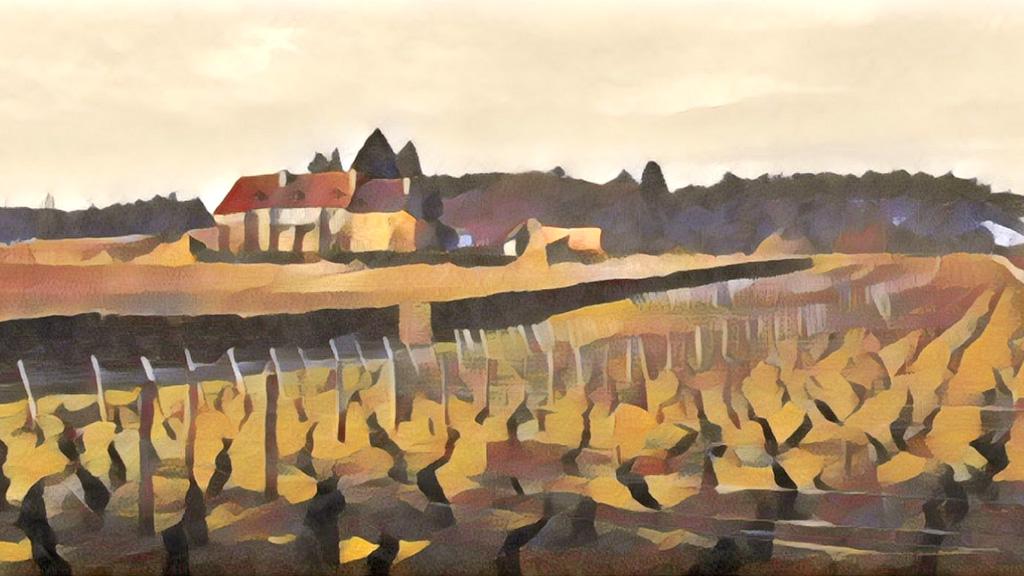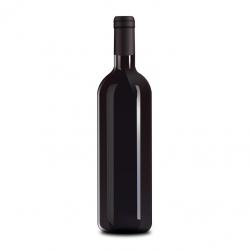”Wines from Clos de la Perrière were, for generations, regarded among the greatest of all Burgundy; only Chambertin and Clos de Bèze held the same status.” – Bill Nanson, The Finest Wines of Burgundy.
“…I visited Clos de la Perrière, the most famous but long-overlooked vineyard in Fixin (Clos de la Perrière), just north of Gevrey-Chambertin. This is clearly a very special vineyard (from which you can see the outskirts of Dijon, so high is it) and the current incumbent Bénigne Joliet is clearly out to prove that his monopole, the walled Clos de la Perrière, may be under-estimated at its current premier cru status.” - Jancis Robinson, JancisRobinson.com, 10 Aug 2012
Bénigne Joliet is the sixth generation to own the five hectare 1er cru monopole domaine in Fixin. His great grandfather and grandfather used to sell off the grapes until his father started bottling wines under the domaine name in the seventies. He followed the same practice every year, though, and did not account for vintage variances so the quality of wine fluctuated. Bénigne began working with his father in 1994 and by 2004 he had purchased back the entire Clos from his family with the goal of bringing the estate back to greatness.
The land is farmed organically, although Bénigne hasn’t sought certification. Flowers and grass grow between the vines and the prunings are left on the ground to add to the humus. Bénigne uses partial whole clusters for fermentation depending on the vintage and the primary fermentation is in stainless steel. The wines are then moved to age in the cellar that was built when the Cistercian monks made wine here in 1142. The amount of new oak varies depending on the vintage and the amount has been reduced steadily since 2005. The wines are not forced and undergo malolactic fermentation at their own pace.
The Clos de la Perrière has a truly magical feel to it and a special microclimate. It’s at the same elevation as Echezeaux and the top of the Clos de Vougeot. Bénigne explained that he tends the vineyards as his own private garden and states that “it is really a privilege to live and make wine here.”



